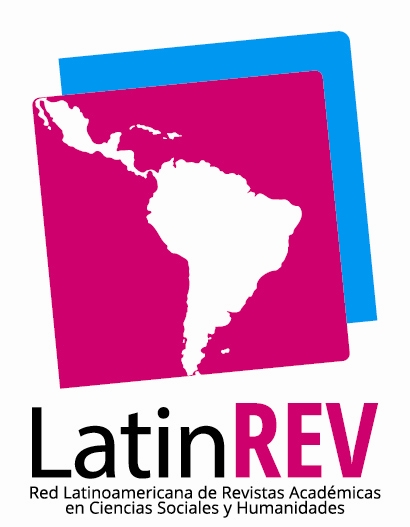New teaching and learning modalities at the University-Analysis of an experience of face-to-face and virtual debates
Keywords:
debate, face-to-face environment, virtual environmentAbstract
Teachers and members of the research project called "Opportunities and Challenges of Information and Communication Technologies and Virtual Environments for Education and Educating" from the National University of San Luis carried out an experience in the subject Gestión de Recursos Humanos of the undergraduate program Licenciatura en Administración de Empresas.The experience consisted in conducting two debates about Organizational Conflicts, Disciplinary Action and Morals. The participants in the discussion were students of the subject and they were divided into two groups. The first group participated in a face-to-face debate guided by motivating questions, but without the teacher’s intervention. The second group participated in the debate using aforum hosted on Moodle Platform, which contained the same questions used for the face-to-face debate. This work aims at presenting some comments on:
* both experiences taking into account the different modalities (face-to-face and virtual) and the interaction that was generated;
*the degree of connection that the students could establish between theory and local and national realities; an
*·the students’ opinions about the experience.
Downloads
References
Dudeney, G. y Hockly, N. (2007). How to teach English with technology. Inglaterra: Pearson Education Limited.
Hernández Sampieri, R., Fernández Collado, C. y Baptista Lucio, P. (2006). Metodología de la investigación, 4ta edición. Méjico: McGraw Hill Interamericana.
Hernández Sampieri, R., Fernández Collado, C. y Baptista Lucio, P. (2010). Metodología de la investigación, 5ta edición. Méjico: McGraw Hill Interamericana.
Lion, C. (2005). “Nuevas maneras de pensar tiempos, espacios y sujetos”. En Litwin, E. (comp.), Tecnologías educativas en tiempos de Internet (pp. 181-212). Buenos Aires: Amorrortu Editores.
Litwin, E. (2005). “La tecnología educativa en el debate didáctico contemporáneo”. En Litwin, E. (comp.), Tecnologías educativas en tiempos de Internet (pp. 13-34). Buenos Aires: Amorrortu Editores.
Maggio, M. (2005). “Los portales educativos: entradas y salidas a la educación del futuro”. En E. Litwin (comp.), Tecnologías educativas en tiempos de Internet (pp. 35-69). Buenos Aires: Amorrortu Editores.
Mansur, A. (2005). “Los entornos comunicacionales y el salón de clase”. En E. Litwin (comp.), Tecnologías educativas en tiempos de Internet (pp. 129-154). Buenos Aires: Amorrortu Editores.
Mena, M. (2014). “La Educación a Distancia: prejuicios y desafíos de la modalidad”. Entrevista publicada en Revista Virtualidad, Educación y Ciencia. 5 (8). Recuperado en: http://revistas.unc.edu.ar/index.php/vesc
Stone Wiske, M. (2006). Enseñar para la comprensión con nuevas tecnologías / Martha Stone Wiske, Kristi Rennebohm Franz y Lisa Breit – 1ra ed. – Buenos Aires: Paidós.
Valenzuela, R. (2000 septiembre - octubre). Los Tres Autos del Aprendizaje: Aprendizaje Estratégico en Educación a Distancia. Cátedra de investigación e innovación en tecnología y educación. Repositorio de Recursos Abiertos Escuela de Graduados en Educación, Tecnológico de Monterrey. Recuperado en: http://catedra.ruv.itesm.mx/handle/987654321/862
Downloads
Published
Issue
Section
ARK
License
Copyright (c) 2016 Verónica Lucero, Cecilia Aguirre Céliz, Marcela Rivarola

This work is licensed under a Creative Commons Attribution 4.0 International License.






